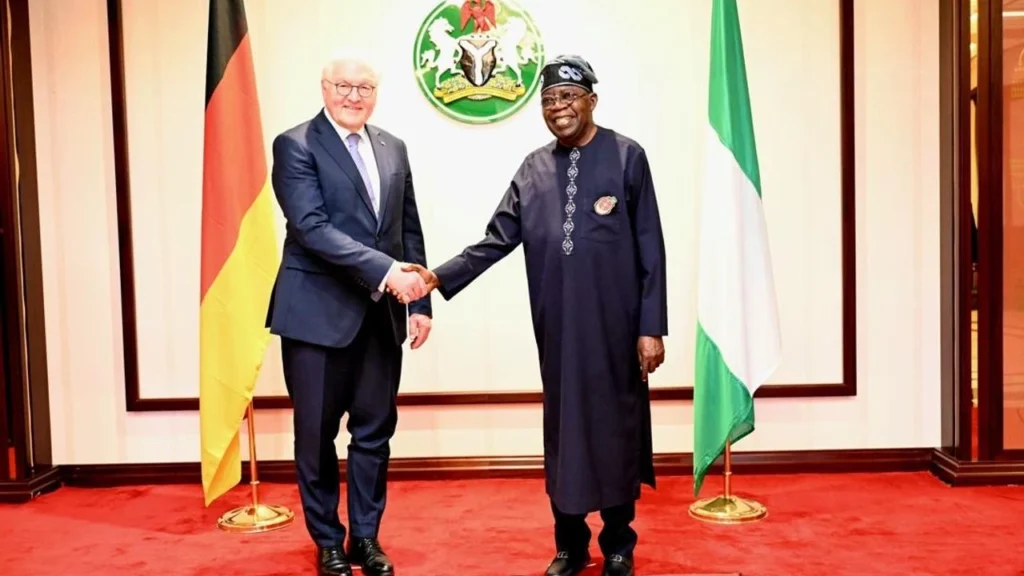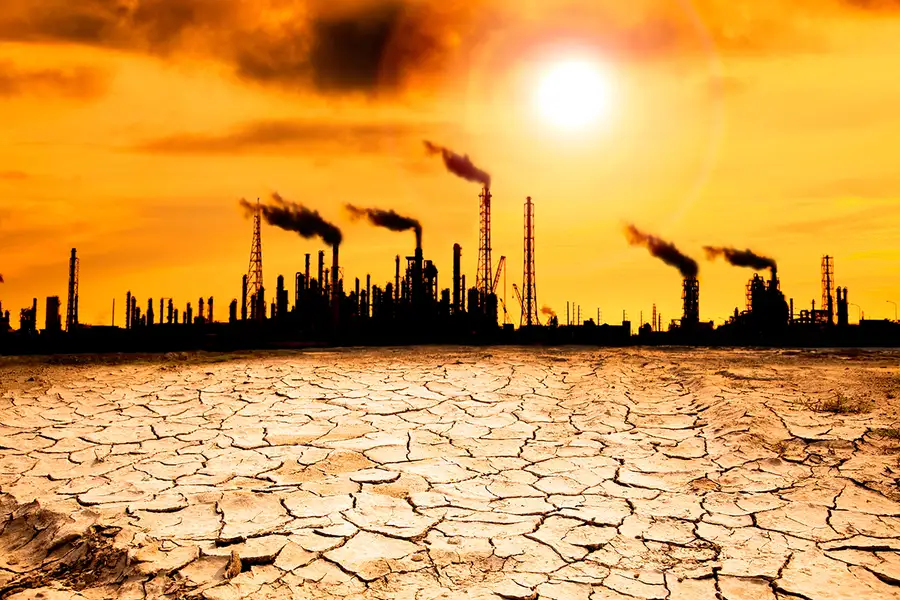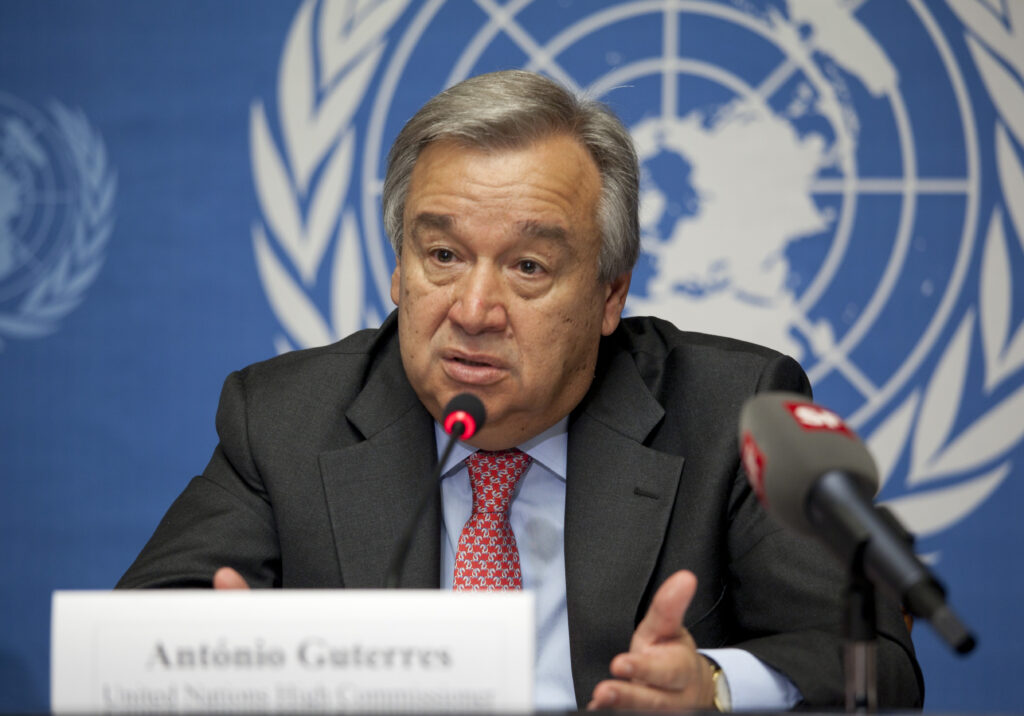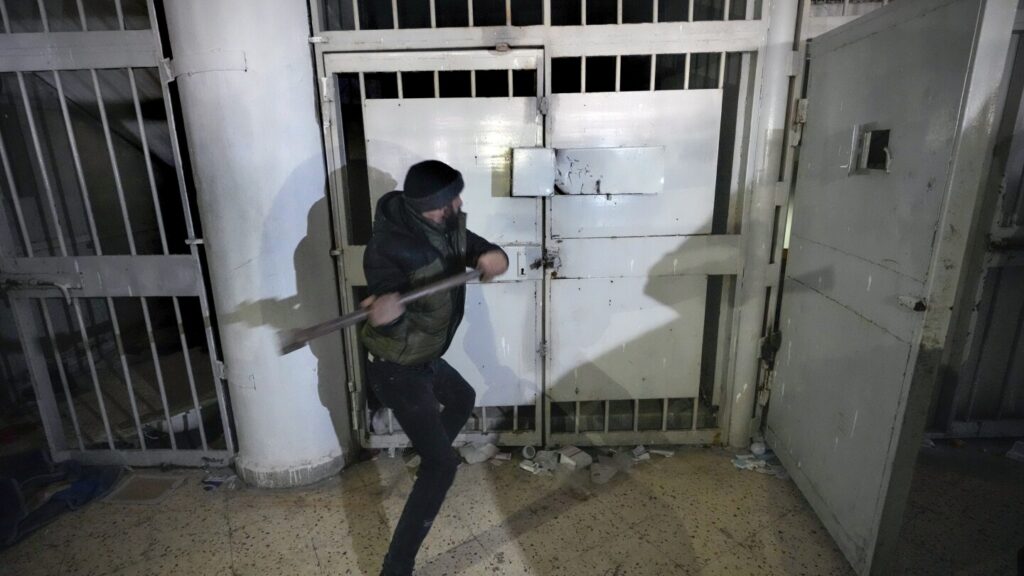Malaria likely cause of mystery illness in Southwest Congo
A mysterious flu-like illness that has claimed dozens of lives in southwest Congo in recent weeks may be malaria, according to initial laboratory tests of infected individuals, authorities reported Wednesday. Dr. Jean-Jacques Muyembe, Director-General of the National Institute for Biomedical Research in Kinshasa, said, “Of the 12 samples taken, nine tested positive for malaria, but the quality of the samples was not ideal. We are continuing our research to determine whether this constitutes an epidemic.” He added, “It is likely malaria, as most of the victims are children.” On Tuesday, WHO Director-General Tedros Adhanom Ghebreyesus also confirmed that most of the samples tested positive for malaria, but cautioned that other diseases could be involved. He noted that additional samples would be collected for further analysis. In recent weeks, there have been 416 reported cases and 31 deaths in hospitals, according to the WHO. Congo’s Health Minister, Roger Kamba, added that another 44 deaths were recorded in the community. The majority of cases and deaths have occurred in children under 14 in the remote Panzi health zone in Congo’s western Kwango province, the WHO reported. Ezekiel Kasongo, a Panzi resident, shared that his 9-year-old son was recently released from the hospital after falling ill two weeks ago. “He had a high fever, headache, and was very weak,” Kasongo said. “We were very worried because of the number of deaths, especially among children, but thank God, he is out.” Symptoms of the illness include fever, headache, cough, and anemia. Experts from the National Rapid Response Team and the WHO visited Panzi last week to collect samples and investigate. The Panzi health zone is difficult to reach, with experts taking two days to arrive. It is located about 435 miles (700 kilometers) from the capital, Kinshasa. Due to limited local testing capacity, samples had to be sent to Kikwit, more than 500 kilometers away, said Dieudonne Mwamba, head of the National Institute for Public Health. Mwamba also noted that Panzi had experienced a typhoid fever outbreak two years ago, and that there is currently a resurgence of seasonal flu across the country. High levels of malnutrition and low vaccination rates in the area make children particularly vulnerable to diseases like malaria, Tedros added.
Malaria likely cause of mystery illness in Southwest Congo Read More »










